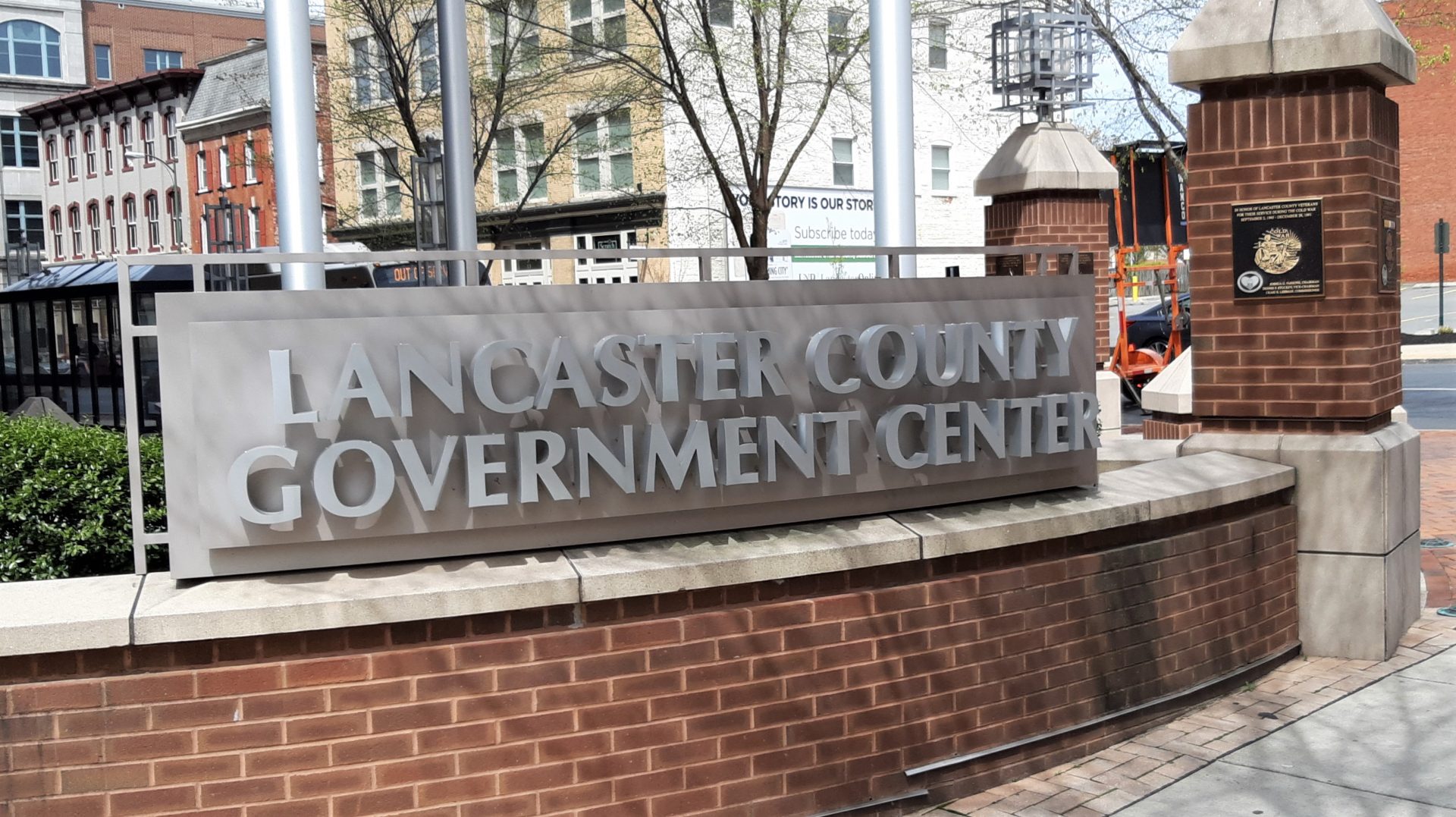When the Lancaster County commissioners launched the county’s Health Advisory Council, they gave it an initial term of two years, a period that ends this month.
In the next couple of weeks, the commissioners will look at reauthorizing it, Commissioner Ray D’Agostino said this week.
“I am pleased with the County Health Advisory Council’s contributions thus far,” he said in an email, citing work on emergency preparedness, the issuance of health advisories, and the collaboration facilitated by council members, who represent local health care systems and community stakeholders.
The council was created after the pandemic led to renewed calls to form a county Health Department. D’Agostino and fellow Commissioner Josh Parsons opposed doing so, saying that the state’s Health Department law is outdated and that a local department would incur cost and bureaucracy without necessarily yielding better outcomes.
Proponents of a county health department said it would enhance local capacity to address health issues, and would give decision-makers quicker access to data that now takes weeks or months to obtain from the state Health Department, if it is even available at all.
Unlike a Health Department, the Health Advisory Council is just that: An advisory body. It has no budget and cannot set policy; nor can it issue statements without the commissioners’ approval.
No changes have been proposed to the council’s charter, D’Agostino said. He said he supports its renewal.
Among other things, the council reviewed the health and medical preparedness section of the county’s Emergency Operations Plan, and will be helpful as Lancaster’s Emergency Management Agency implements the plan and conducts education and training in connection with it.
December meeting
Recently, the council switched from a quarterly to a bimonthly meeting schedule. At its most recent meeting, Dec. 1, members heard an update on the ongoing opioid epidemic.
Through the first half of the year, the county has recorded 66 overdose deaths, said Brenda Buesher and Ashlee Rinee of Penn Medicine Lancaster General Health. LG Health is the largest nonprofit in Joining Forces, the coalition battling the epidemic.
Buescher noted the change in toxicology reports between 2017 and now: the presence of fentanyl in overdose victims’ toxicology reports increased, while that of heroin decreased. More autopsies are showing the presence of the street drug Xylazine, a veterinary tranquilizer known as “tranq.” It was present in six overdose deaths in the first six months of 2023, versus three in all of 2022 and one in 2021.
Buescher also noted the increase in stimulants like cocaine and methamphetamine in toxicology reports – a change in drug habits which she said her colleagues in addiction treatment corroborate.
The council also heard a presentation by Alisa Jones, President and CEO of Union Community Care, a Federally Qualified Health Center that serves Lancaster and Lebanon Counties in over a dozen locations. It provides medical and dental care and related case management to about 40,000 patients, including large numbers who lack health insurance, do not speak English or have other barriers to care.
Brian Pasquale, director of Lancaster’s Emergency Management Agency was on hand to take questions about the Health and Medical Preparedness Plan, which the commissioners had just approved. The council’s feedback aided LEMA materially in creating the plan, he said.






